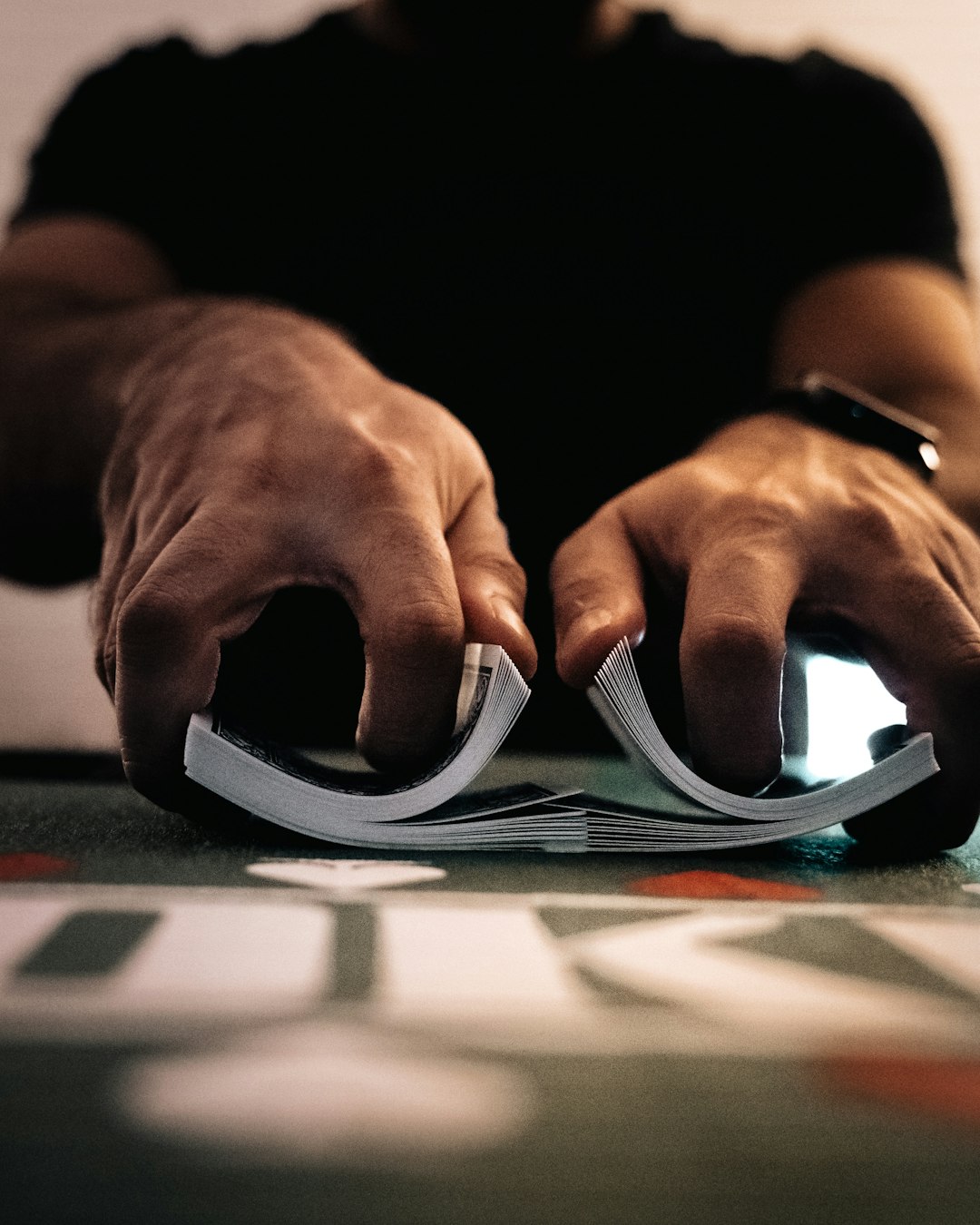
Poker champion and cognitive scientist Annie Duke believes in quitting. The ol’ “know when to hold ‘em, know when to fold ‘em” framework, she says, distinguishes the best from the rest: professional poker players fold up to 85% of their hands, while amateurs fold less than 50%. But Duke admits that she’s both “a quitter and a gritter.” After all, any form of excellence requires perseverance. So, then: when to quit, when to grit? Duke suggests asking yourself: Will things be different in 3 months? In a year? And if so, why? Knowing what needs to change (and whether you can change it) will show you whether grit would be useful or pointless. If things aren’t likely to improve on their own or through your actions, you may still need to overcome omission bias: our instinctual feeling that inaction is safe. Just remember: If quitting gives you even a 50% chance of improvement, that’s better than the 0% chance you have by remaining in an irreversibly bad status quo. And, finally, consider the essentialist component: what are you sacrificing by not quitting? Prioritizing anything requires quitting other things to pursue it.
Insight inspired by: Annie Duke’s interview with Adam Grant and my father-in-law for sharing it with me. Thanks, William!
